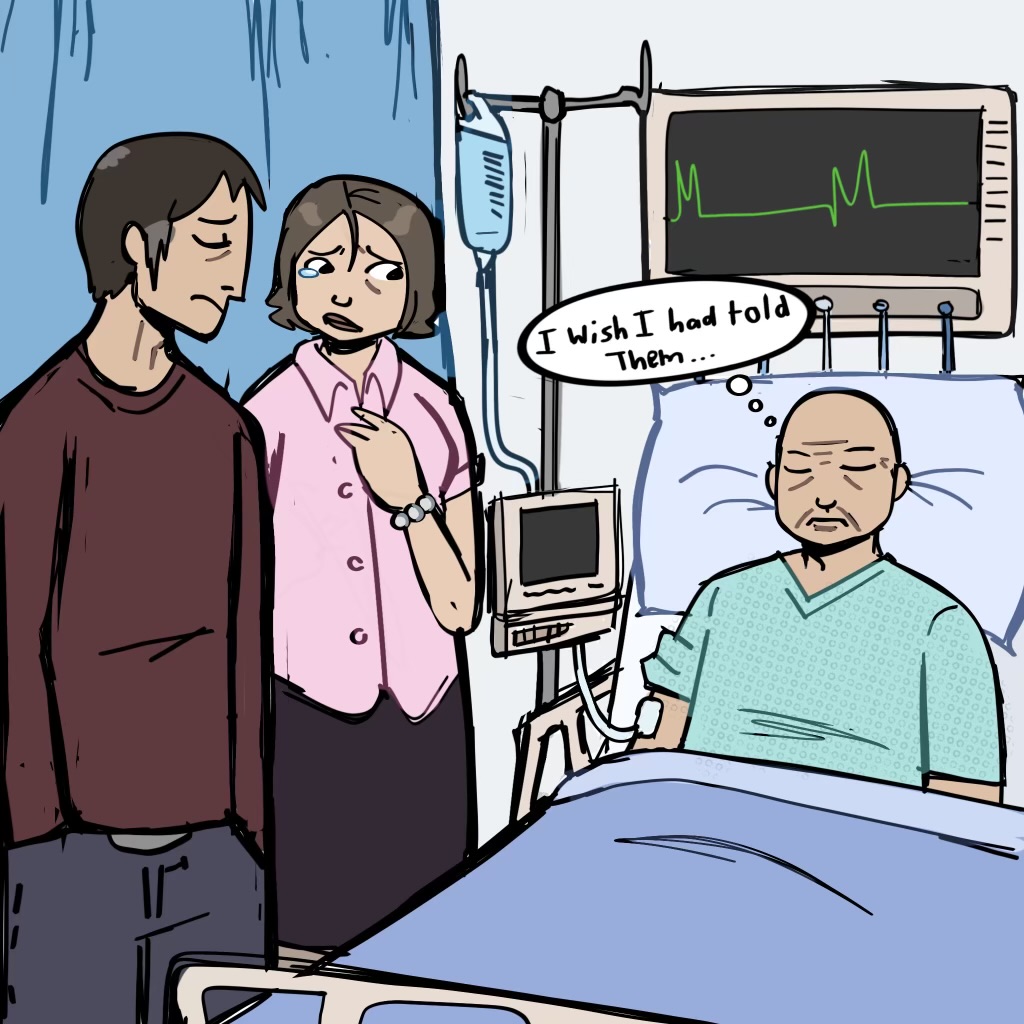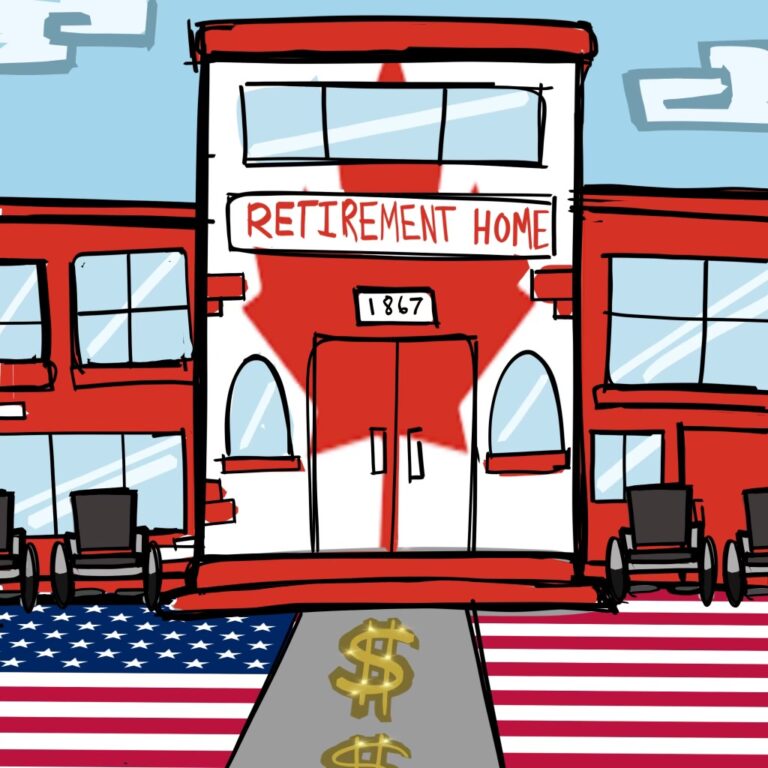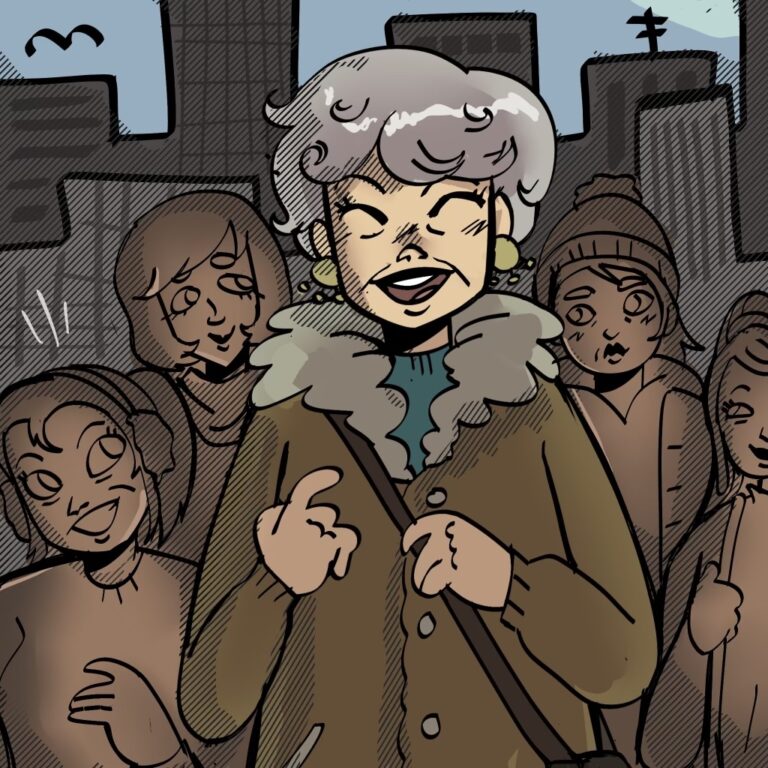If you could “gift” your family peace of mind through advance care planning, would you? Or would you take the chance on letting them figure it out for themselves?
Our blog this month was written by someone who knows what it means to watch families make difficult decisions – you know – when the worst happens. Carly Hickey has dedicated her professional care as a Registered Nurse, to the speciality of critical care (a.k.a. Intensive Care) in both adult and neonatal populations. While caring for very sick people who could not speak for themselves, she noticed a social pattern that she could not ignore when dealing with family members. Carly started Ace Planning Co. to help families document desired health care directives.
Have you ever heard the saying “it’s better to have it and not need it… than need it and not have it”? Here are some examples:
- Travel insurance
- Cash in your pocket
- Dinners pre-planned for the week
- Clean laundry
- A tank full of gas (or charged electric vehicle)
These are all things we should arrange ahead of time but may leave to the last minute or have forgotten. Consequences of failing to plan range from a minor inconvenience to a big preventable headache.
- We must pay out of pocket to visit a doctor while on vacation.
- We pay expensive ATM fees to withdraw cash.
- We spend more money on unhealthy (albeit very delicious) takeout options.
- We wear outfits we don’t feel comfortable in.
- We arrive late to work… or worse – must call for a tow when we run out of gas / charge.
While frustrating, these scenarios have relatively benign consequences. What happens if things we fail to plan for have more serious outcomes?
- Like getting a fire extinguisher for the kitchen?
- Preparing a will in advance of a (un)expected death
- Or, my personal favourite – an advance care plan
If this is the first time you’ve ever heard the term “advance care plan”, you’re not alone. Many Canadians are in a similar position which is why I’ve made it my mission to educate the public about why advance care plans are very important.
I’ve dedicated my professional career as a Registered Nurse to the speciality of critical care (a.k.a. Intensive Care) in both adult and neonatal populations. While caring for very sick people who could not speak for themselves, I often interacted with their family members – many of whom acted as their health decision makers. During my 12 years, I noticed a social pattern I could not ignore.
Families who engaged in those “tough conversations” about advance health care wishes prior to a crisis were more confident in their role as health decision makers, had better grieving and coping outcomes and less conflict with family members and medical teams. Patients often had less suffering and more dignified end of life experiences.
Families who “never had those conversations” suffered greatly, and so did the patients under their decision-making care. Families felt guilt about not knowing what their loved one would want; they felt fear about making the wrong choice; they felt overwhelmed with navigating grief and logistics of care. Siblings often fought with one another (as siblings usually do) more intensely, advocating what they uniquely felt was best for Mom or Dad which was often contradictory (i.e. one sibling wants to make Mom comfortable by supporting end of life; the other does not want to “give up” or say goodbye and opts for aggressive end of life resuscitation”). It’s fair to say both are making decisions out of deep unconditional love for their parent… but the only way to know what the right answer is – is to have a conversation about wishes ahead of time.
Advance care plans are important for both the person (patient) and the decision maker. Here is why:
Benefits for the patient
- Plans documents and honours last known wishes about health care
- Often patients who are thinking about this elect a dignified and peaceful end of life experience
- Honours the patient’s legacy by not leaving a messy estate to navigate
- Patients are empowered with informed decision making by asking thoughtful questions about their aging, illness and / or end of life journey
- There are less surprises during this journey through proactive preparation
- Quality of life is prioritized and hopefully optimized during the advance care planning process
- By working with a qualified professional, patients don’t have to face or facilitate these tough conversations alone
- Professionals who meet patients early may be a support for health care navigation or during a crisis for the patient and the family
Benefits for the decision maker
- Organizing an advance care plan is the greatest act of love for decision makers – it lets them know you cared enough for them to anticipate supporting them during the toughest moment of their life.
- Decision makers may be better able to cope with grief is “logistics” are managed and organized
- Important documents are gathered and organized
- Personal life values and wishes for care are described to help inform the decisions faced
- Decision makers are prepared in advance for their role
- Documented wishes so decision makers do not have to recall information under duress
- Advance care plans document the wishes of the patient who is unable to speak for them self
This post has outlined all the ways advance care planning can document your wishes prior to a medical event, and also prepare your family or appointed decision makers with the information needed to thoughtfully make these tough decisions. Think of it as your last “gift” to your family.
If this post has inspired any interest in advance care planning or questions, please feel free to contact me anytime.
Carly Hickey
RN, Master of Nursing, Certified Nurse in Critical Care, Nurse Practitioner student
http://www.aceplanningco.com





